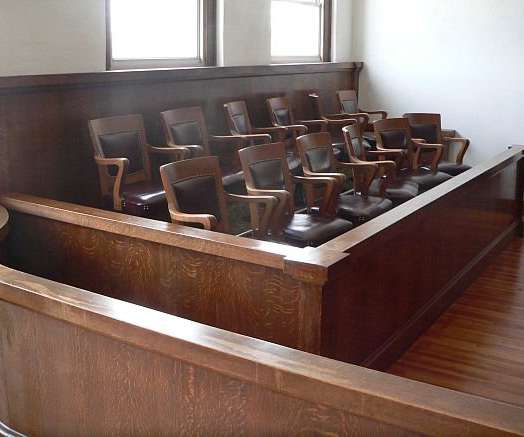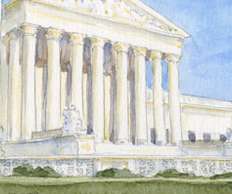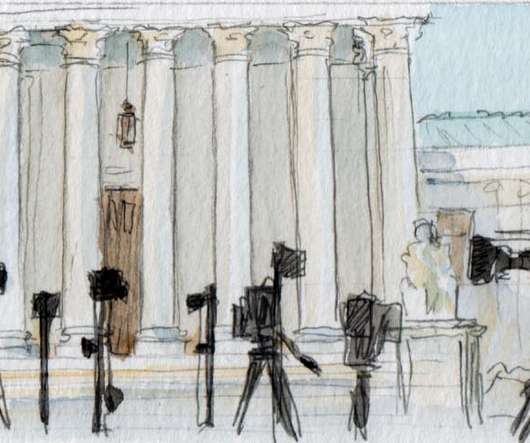US Supreme Court declines to hear case regarding jury size in felony trials
JURIST
NOVEMBER 8, 2022
If it had chosen to hear the case, the court could have decided whether it is inherent within the Constitution that criminal defendants are entitled to a trial by a jury of 12 or more members of the community. This deviation from the standard 12-person jury was permitted by the 1970 US Supreme Court ruling in Williams v.















Let's personalize your content